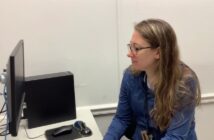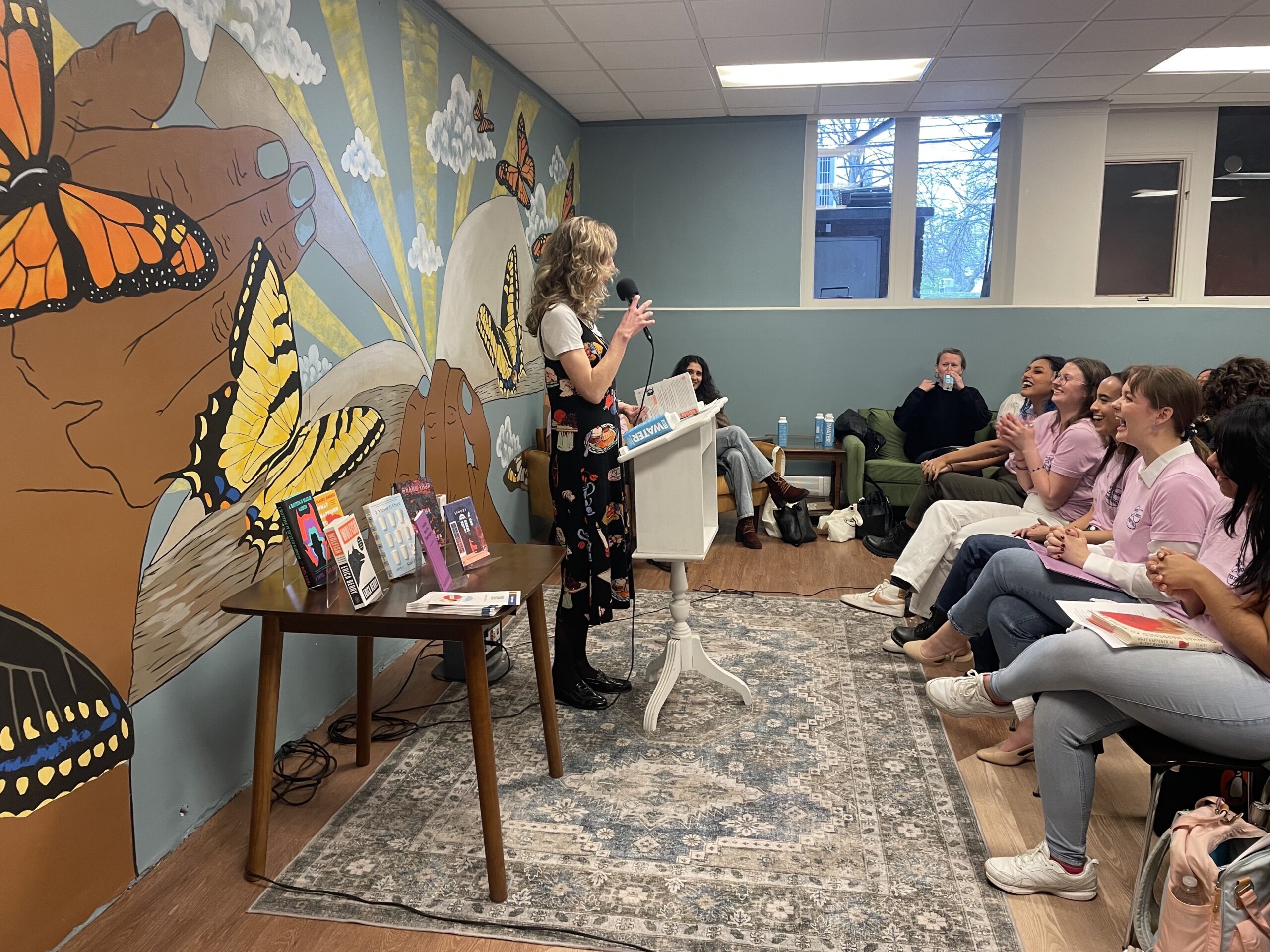Former Cornell University Judicial Administrator Mary Beth Grant assumed the role of Senior Associate Dean of Students for Inclusion, Engagement and Community Support on Sept. 1 as a part of Cornell’s administrative push for inclusivity.
With more than 20,000 students, Grant said Cornell University aims to ensure that students have a sense of belonging.
“We all benefit in really positive ways from having a diverse community and an inclusive environment,” Grant said.
Grant is now responsible for the oversight of student organizations, resource centers and community engagement. She said she is working to create a “collective agenda” among the different centers.
“I feel the vision for our new unit needs to be a collaborative process,” Grant said. “Different aspects of the new division could work together in ways they haven’t worked together before.”
The university conducted a competitive, nationwide search to find an individual to serve as this dean. Her position compensates for the loss of multiple senior administrators who formerly worked in the areas the dean oversees. Kent Hubbell, the Dean of Students at Cornell, said Grant’s past interactions with the student community will help her fulfill this role.
“Mary Beth’s challenge and opportunity will be to really bring out the best of this new arrangement,” Hubbell said. “She’s going to bring that experience to her new job, so I have every reason to believe she’ll be successful.”
A large part of Grant’s position is working with the many different student organizations on campus. Jose Fernandez Chicharro is the president of Cornell Latin America Student Society (CLASS), a graduate student organization that raises awareness about the challenges and opportunities in the region. Chicharro said he sees Grant’s role as a way to potentially bridge the gaps between similar campus diversity organizations that work separately to achieve the same goal.
“There are a lot of organizations here but they are doing different things,” Chicharro said. “With the dean of inclusion we [could be]working more closely.”
Other students are more skeptical of the role. Ashton Cooper, an undergraduate intern at the Cornell LGBT Resource Center, said he was not familiar with Grant’s position, but believes it could generate some setbacks for student organizations.
“A position like [Grant’s] can do a lot of good but it can also [potentially]be a source of frustration and another way to oppress student voices,” Cooper said. “You now have this one individual in which all of these minority voices are channeled.”
While Cooper sees the merit to Grant’s position, he said it could be difficult for one person to be responsible for the many different aspects of inclusivity on campus.
“I think it’s idealistic to assume that this new position is going to do everything that it is probably set out to do,” Cooper said.
Many students — including Cooper and Chicharro — have not officially heard about the dean. Because the position is new, both Grant and Hubbell said they are still deciding on different policies and changes to implement. Grant said she intends to seek out active members of the Cornell community to remedy concerns regarding inclusivity. She also plans to implement a student advisory board to gain additional insight in policymaking.
“It’s always been my intention to have a lot of input from students,” Grant said. “Ultimately, our goal is to serve [them].”



